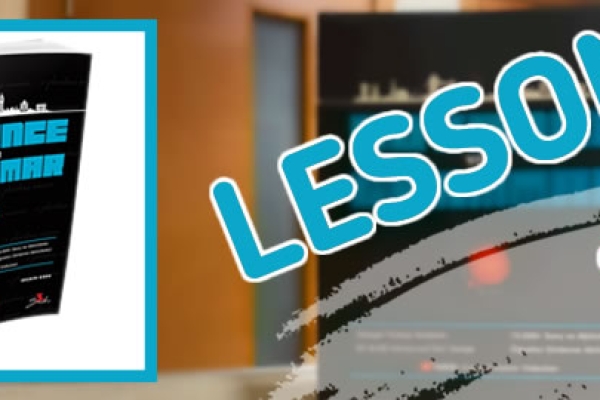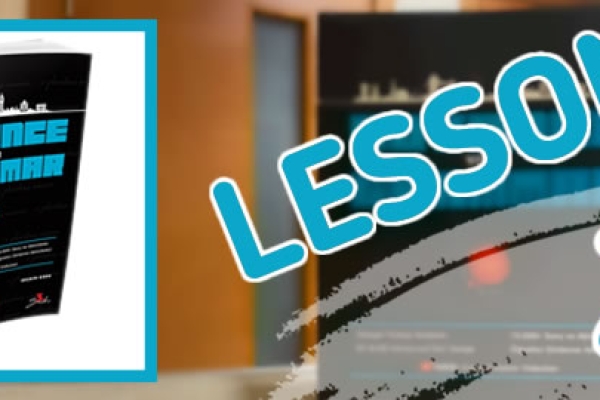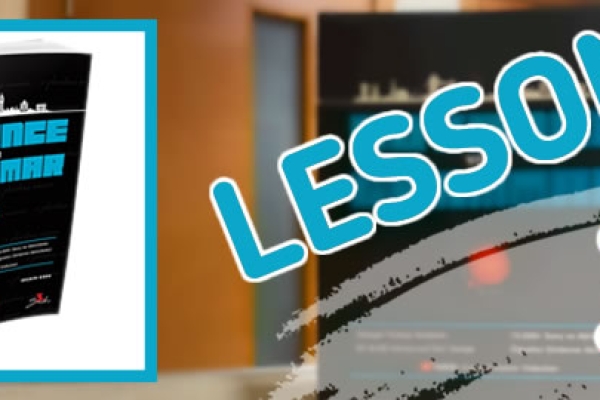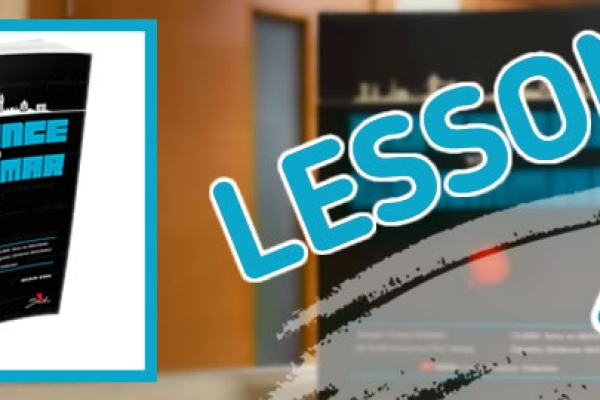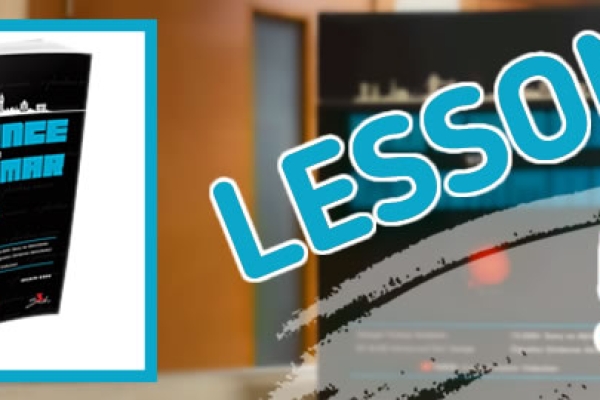Summary Comparison of "So," "Such," "Too," and "Enough"
"So," "such," "too," and "enough" are words commonly used to modify adjectives, adverbs, or nouns in English to express intensity, degree, or quantity. These words allow speakers to provide additional meaning, making the sentence more descriptive and conveying specific attitudes, limitations, or qualities. Understanding how and when to use each of them can enhance clarity and make communication more precise.
Each of these words has distinct uses and functions. Here's a breakdown of how they work and examples to illustrate their usage.
1. "So":
"So" is used to emphasize an adjective or adverb and is often used to express an extreme degree of something. It adds intensity or exaggerates the situation.
-
Example 1: She was so tired that she fell asleep instantly.
- Explanation: "So" emphasizes the extent of tiredness, indicating that her fatigue was extreme enough for her to fall asleep immediately.
-
Example 2: The movie was so interesting that I watched it twice.
- Explanation: In this case, "so" emphasizes the degree of interest in the movie, suggesting it was fascinating enough for the speaker to watch it more than once.
2. "Such":
"Such" is used before a noun (or a noun phrase) to emphasize the type or degree of something. It often combines with an adjective to modify a noun, intensifying the overall meaning.
-
Example 1: It was such a beautiful day that we decided to go for a walk.
- Explanation: "Such" emphasizes the beauty of the day, suggesting that it was extremely beautiful and worth going for a walk.
-
Example 2: They made such a mess that we had to clean for hours.
- Explanation: Here, "such" emphasizes the extent of the mess, making it clear that it was so bad that it required a lot of cleaning.
3. "Too":
"Too" is used to indicate that something exceeds a certain limit or is excessive. It expresses a negative connotation, suggesting that the situation or quality is not ideal because it is more than necessary or desirable.
-
Example 1: It is too hot to go outside.
- Explanation: "Too" emphasizes that the temperature is beyond what is comfortable or acceptable for going outside, implying a negative aspect to the situation.
-
Example 2: The coffee is too strong for me to drink.
- Explanation: Here, "too" shows that the coffee's strength is excessive for the speaker, making it difficult or unpleasant to drink.
4. "Enough":
"Enough" is used to show that something is sufficient or adequate for a particular purpose. It can modify adjectives, adverbs, or nouns and indicates that the necessary amount has been reached.
-
Example 1: She is old enough to drive a car.
- Explanation: "Enough" indicates that she has reached the appropriate age to drive, suggesting that her age is sufficient for this activity.
-
Example 2: We don't have enough time to finish the project.
- Explanation: In this case, "enough" shows that the amount of time available is insufficient to complete the project.



